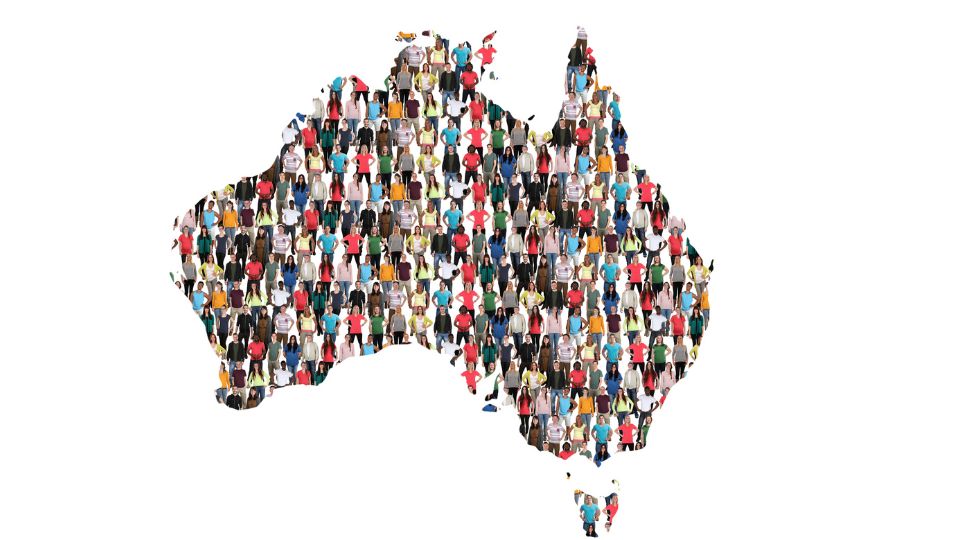Migration Surge Puts Heat on Australia’s Housing Market

Australia’s Migration Surge: What You Need to Know
Australia is experiencing unprecedented levels of migration, and the latest figures from the Australian Bureau of Statistics (ABS) reveal that net permanent and long-term arrivals reached an impressive 279,460 for the year ending in June 2025. This figure marks the highest record ever, surpassing last year’s peak by a significant margin.
Record Migration Numbers
In the 2024–25 financial year, net arrivals totalled 457,560, just shy of the previous year’s record of 469,140. Notably, this number exceeded the federal budget forecast of 335,000 by a whopping 122,560, which is about 37%. If you’re considering moving to Australia, these numbers offer a glimpse into how welcoming the country is for newcomers.
Housing Challenges
The increasing number of arrivals is causing a mismatch between population growth and housing supply. Daniel Wild, Deputy Executive Director of the Institute of Public Affairs, highlights that this rapid migration is impacting economic productivity and contributing to a housing crisis affecting both Australians and new migrants.
Since the pandemic, net overseas migration has accounted for around 80% of Australia’s population growth. Australia’s population has increased by 43% since 2000, outpacing other countries like New Zealand (38%), Canada (35%), the United States (21%), and the United Kingdom (18%). If you’re looking for work or residency options, this growth indicates a vibrant job market but also presents challenges regarding housing availability.
Changing Housing Policies
Recently, the federal government downgraded its National Housing Accord from a firm target to a "national aspiration." This means the goal of building 1.2 million new homes by 2029 may not be feasible. Mr Wild mentioned that the government continues to push for high levels of migration while not providing adequate housing, creating a challenging situation for everyone involved.
As a job seeker or future resident, it’s crucial to be aware that while opportunities abound, the demand for housing continues to rise. This demand will likely drive up both rental prices and competition for homes, particularly in major cities and high-growth areas.
What This Means for Job Seekers
For those of you considering visa sponsorship or permanent residency, these rapid changes in migration and housing can influence your experience. Potential visa options like the 482 visa (Temporary Skill Shortage), or the 189 and 190 visas (skilled migration), are part of programs designed to facilitate the entry of skilled workers. However, be prepared for intense competition not just for jobs but also for housing.
Key takeaway: Understanding housing dynamics will help you in your planning. Securing a job may be easier due to the demand, but finding a place to live might require extra effort.
As potential newcomers, staying informed about these trends will equip you better for your journey. Whether you’re looking at work opportunities or figuring out your residency options, awareness is your ally.
Future Considerations
The ongoing rise in population will likely continue to fuel demand in both the sales and rental markets. This situation can benefit you as a job seeker, as businesses generally thrive in growing populations, leading to more job opportunities. However, it also means that you should act quickly and be ready to compete with others for available housing.
Before making your move, consider your options carefully. Research cities and regions that not only have job openings in your field but also offer more reasonable housing options. Networking with locals and joining forums dedicated to expats can provide valuable insights.
What do you think?
Have a question about this topic or your own plans to move to Australia or New Zealand? Scroll down and leave a comment. We’d love to hear from you.
Thinking about moving to Australia?
Join our free and supportive community at Oz Visa Forum.
Post in our forums to get advice and support from people who’ve already made the move.
Not sure where to start? Click here to get started.







Responses